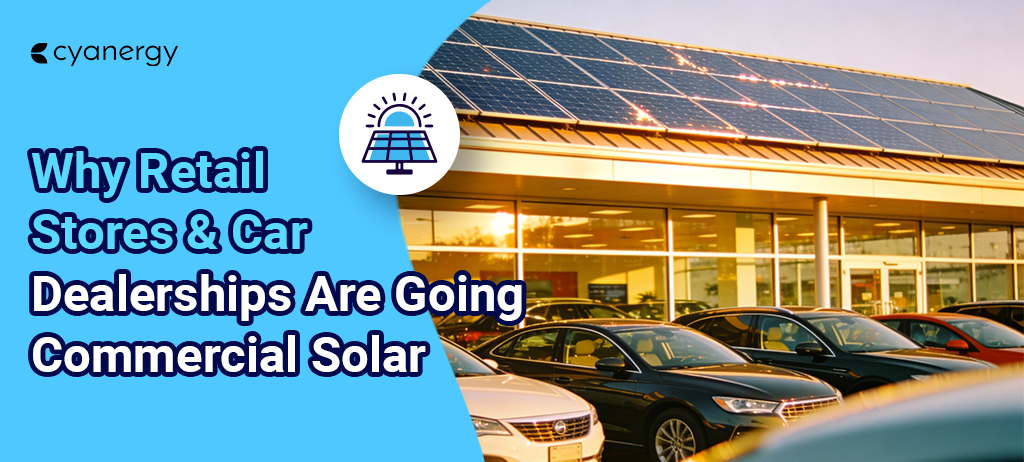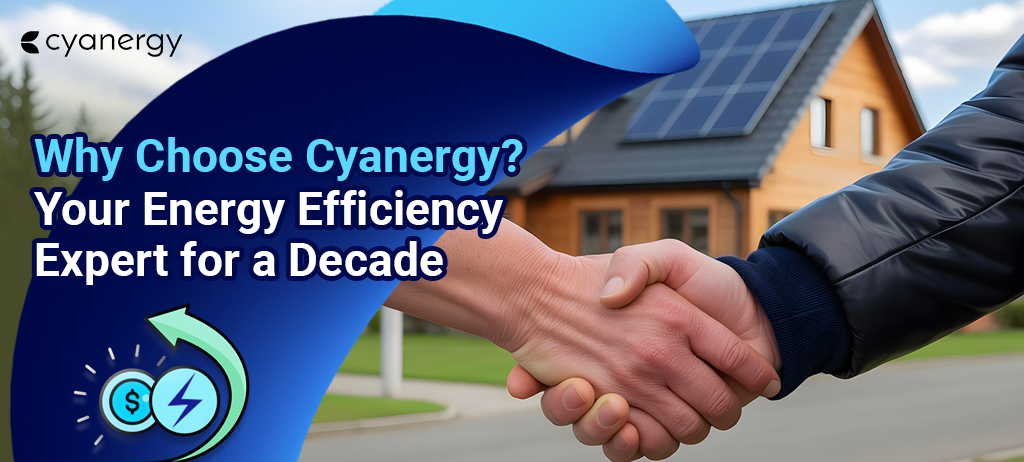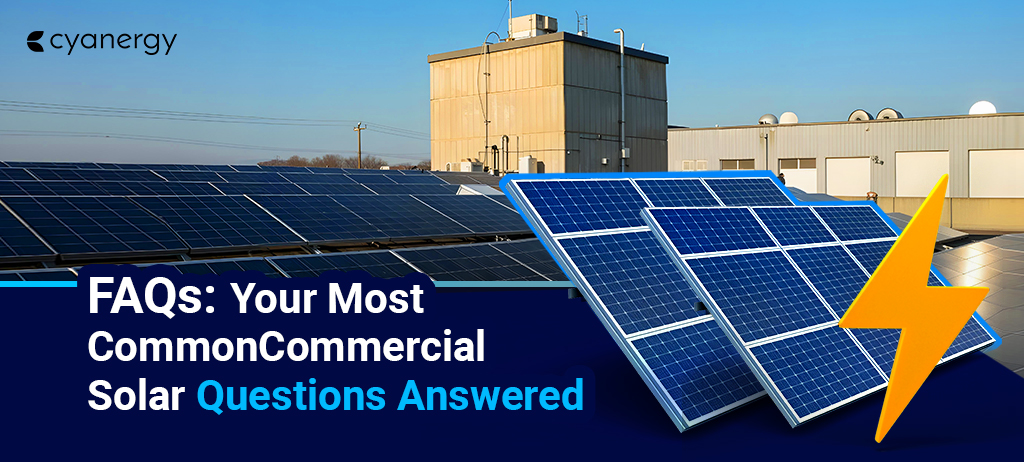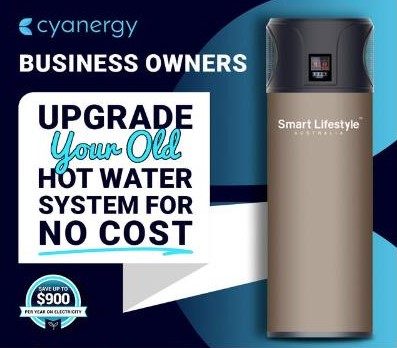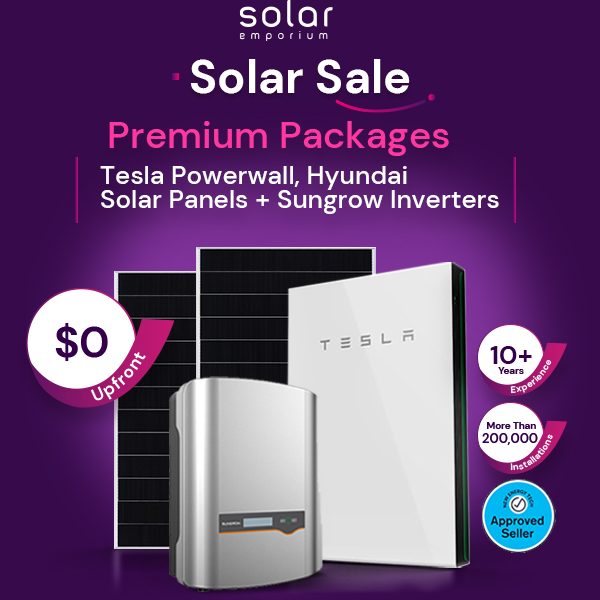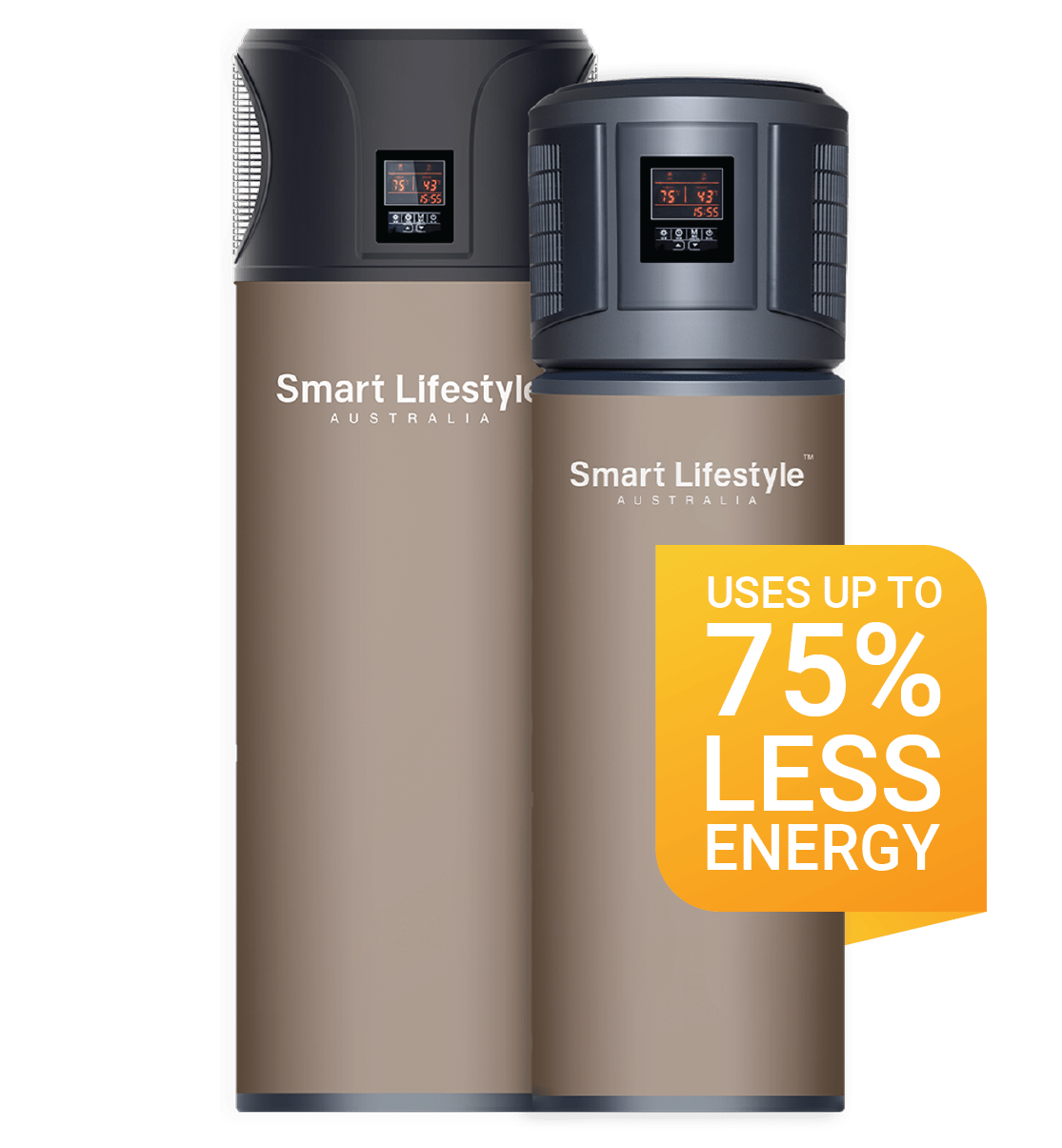It has been documented that commercial properties tend to use up to 80% of energy available during the peak hours of 9 am to 5 pm; on the contrary, residential properties use 30% of that energy during the day time. This is a obvious indicator that switching business properties from grid electricity to commercial solar energy would be incredibly beneficial. This way, business owners would not have to rely on grid energy, the price of which is skyrocketing as we speak. So, are commercial solar panels worth it?
Precisely, they are worth the money as well as with larger energy consumption of commercial properties makes the payback period much sooner. Such properties’ returns on investment also happen significantly more quickly, especially given the consumption rate.
Additionally, the current surge in energy costs is one additional incentive for business owners to convert to renewable energy in order to save operating costs and maybe engage in CSR (Corporate Social Responsibility) initiatives. Since switching to renewable energy sources is the best way to reduce carbon emissions.
How Much Do Commercial Solar Panels Cost
When it comes to judging if anything is worth investing in, crosschecking the cost with the return on investment is a must. In that context, are commercial solar panels worth it? Commercial solar panels cost can be a bit higher than residential solar because of the higher demand in general. Also, a larger wattage of the solar panel is the norm in a commercial property in order to produce the highest amount of energy possible to meet the surge of demand.
The cost of solar panels in a commercial setting ranges from about $1 to $1.50 per watt on average (prices will vary in different provinces and circumstances). In that case, a small-medium enterprise that installs solar panels with a capacity of 50kW and a daily output of 200kWh to 220kWh can expect to pay an upfront cost of $38,500 to $42,000 dollars.
N.B. – This is just an example of a hypothetical scenario, not an exact quotation.
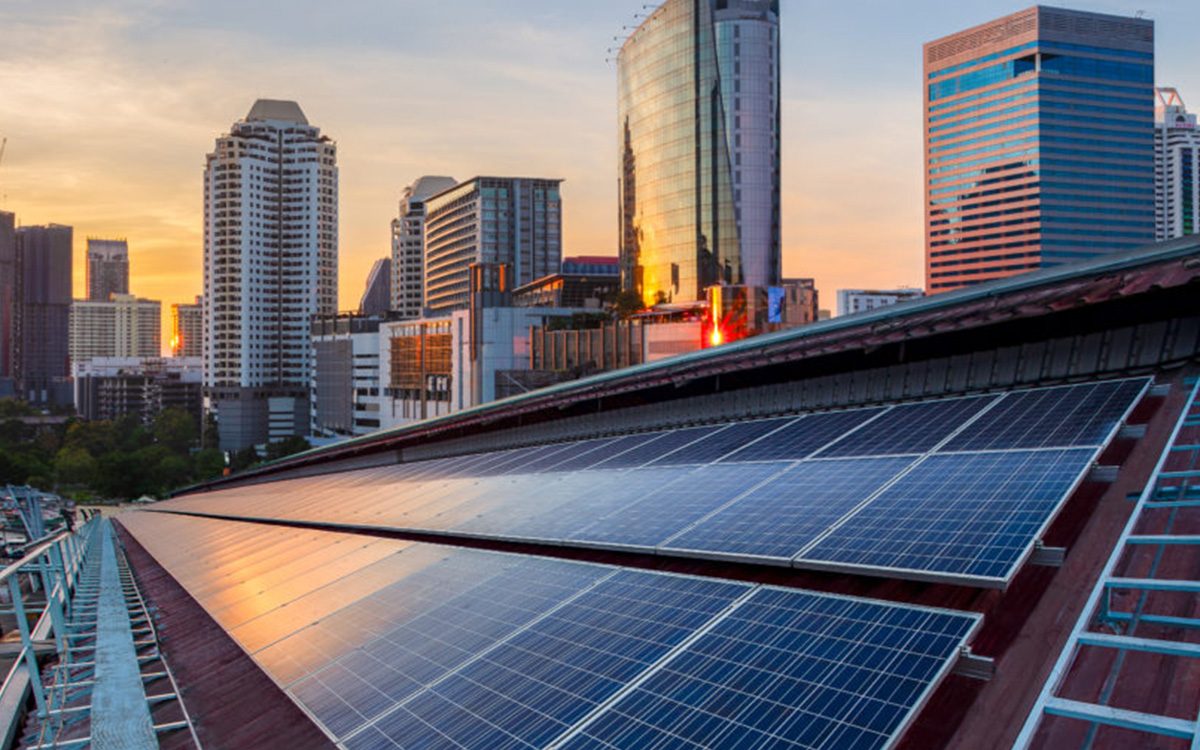
According to Energy Consumers Australia, an average Australian small business consumes about 13,000kWh of energy per annum minimum. That means about 1083kWh of energy is consumed every month. This particular study was officiated back in 2017, and the consumption amount has only increased ever since.
For ease of discussion, let’s suppose your average business still does consume about 13,000kWh of energy per annum, the cost of which can be around $6500 dollars or more approximately. In order to keep it real in this discussion, it’s safe to say this number has increased ten folds in today’s date with the ongoing energy crisis and political tension.
However, still with that number, if you go for even a solar system with 200kWh daily output, you will reach the break-even point in about 6 years or less, considering commercial solar a solid investment for the future of your business. Don’t forget a good quality solar system serves you a minimum of 25 years with all the warranties. So, the outcome is you get to enjoy seemingly “free energy” for an additional decade or more if you choose to go solar.
Does it get any better than this? It does!
Commercial Solar Rebates
A business that is considered a small business, to be exactly one that consumes less than 100kW energy per annum, is eligible for the federal government rebate, which falls under the Renewable Energy Target (RET). Larger businesses are also eligible for a different incentive program which also falls under RET.
Small-scale Technology Certificates (STC) are the way the government incentivizes residential properties and small businesses to choose to go green and adopt a renewable source of energy.
There is no government funding that makes it happen; rather, big energy retailers are held responsible for huge carbon emissions. Thus, they are subjected to buy the STCs from ACPs (Accredited Certificate Providers), which are approved solar installers, and the generated profit is then adjusted from the final bill copy of solar installation.
On top of the rebates, there are many interest-free loaning programs available for your ease of transition.

Environmental Benefits
There are a lot of benefits of commercial solar, but the most impactful one is environmental benefits. When a business of any size chooses to switch over to clean energy, it has the potential to erase a significant amount of carbon footprint. Additionally, commercial solar battery installation with the panels can entirely eliminate the dependency on grid power.
The main aim for all the push for renewables now is to save the earth; that’s the long-term goal. The amazing byproduct that we get from it is saving lots on power bills. So, in context to the question, are commercial solar panels worth it? Again, it’s a no-brainer. They definitely are worth it in every aspect of the transition.
With increasing fossil fuel usage, we are emitting so much carbon that our survival is at stake. You can already feel certain changes because of the crazy, unpredictable weather; this is just the tip of the iceberg. To save us and our planet, switching over to renewables is a massive step in the right direction.
Are Solar Panels Worth It?
As a business it is of utmost priority to asses if any significant investment brings out satisfactory outcomes. On that chain of thoughts, would commercial solar panel installation bring out any real benefits? The short and simple answer to that is YES! without a shred of doubt.
Solar panels for businesses are an extraordinary addition that has the potential to lower down your business expenses by a huge margin.

